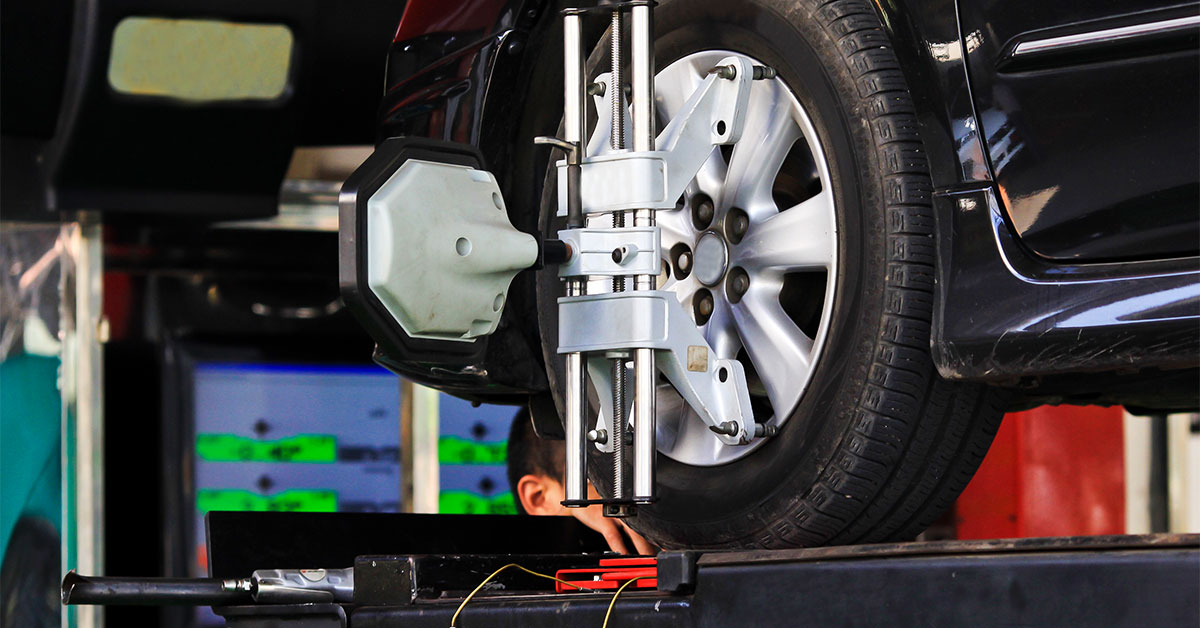Let’s talk about why tyre rotation is so important. Tyres go through a lot, and while they are designed to handle it, it doesn’t hurt to give them a little extra care. Tyre rotation is a super simple yet critical part of tyre maintenance that we should all be a bit more diligent about.
What is tyre rotation?
So, what exactly is tyre rotation? It’s not about the tyres spinning as the car moves. It’s about changing the position of the tyres on the car, like moving them from the front to the rear or switching them from left to right.
Why is it important?
Now, why is it so essential to rotate your tyres? Well, tyres wear out at different rates depending on where they’re positioned on the car. For instance, the front tyres usually wear out quicker than the rear tyres because they bear more weight and steer the car. Uneven tyre wear is a safety hazard because it affects handling and reduces safety. Additionally, tyres that stay in high-wear positions for too long need replacing earlier, which is a pain for your wallet.
To prevent this, we need to rotate our tyres regularly. By moving them to different positions, we ensure they wear evenly and last longer, making it possible to replace them as a set. This way, all the tyres wear out uniformly, which is the safest scenario.
How often should tyres be rotated?
So, how often should you rotate your tyres? It depends on the car, but the owner’s manual usually has a recommendation. A good rule of thumb is to do it every 10,000 – 15,000 kilometres (which is usually about when the next service would be due).
If your car manual has gone missing and you’re unsure when your current tyres were fitted, drop them off at BM Tech. We can do a quick evaluation to determine the health of your tyres and what needs to be done.
Tyre rotation patterns
Various tyre rotation patterns depend on the type of car. For example, it’s different for front-wheel or rear-wheel drive or if the tyres are different sizes. If you’re unsure which pattern to use, don’t worry; drop by BM Tech for a quick evaluation.
As a rule, we generally don’t like to move tyres left to right. Instead, we prefer that they move front to rear only. This means the left rear goes to the left front, and the right rear goes to the right front, and so on. The main reason we like to do this is to avoid the car veering or pulling to one side.
You don’t need to know which tyre rotation pattern is the right one for your car. We’ll figure that out and do it all for you.
What’s Staggered Fit Tyres?
Many car manufacturers are increasingly adding wider tyres to the rear, especially on higher-performance brands like BMW and Audi. This is commonly referred to as “Staggered Fit” tyres. These days, it’s not unusual to have skinnier tyres on the front and wider tyres on the rear, so tyre rotations usually don’t occur.
Get your tyres aligned and balanced.
When you get them rotated, a professional must also balance and align them. This ensures that they are correctly fitted with the right weights and adjustments for optimal safety and handling and even tyre wear. If the alignment and balance aren’t done correctly, your tyres will wear out faster, and you might notice your steering wheel pulling or veering to one side, which isn’t ideal.
We must also adjust the tyre pressure to suit their new positions after rotation. This will ensure that you get the most out of your tyres and avoid unnecessary wear and tear.
Get a tyre rotation at BM Tech.
As you’ve read, there’s a fair bit to tyre rotations if they are to be done properly. If you’re not sure if it’s time for a tyre rotation or you want to make sure the last one was performed well, give us a call, and we’ll book you in. It’s a straightforward job, and it’s important for tyre longevity and your safety, but it isn’t done regularly enough.
